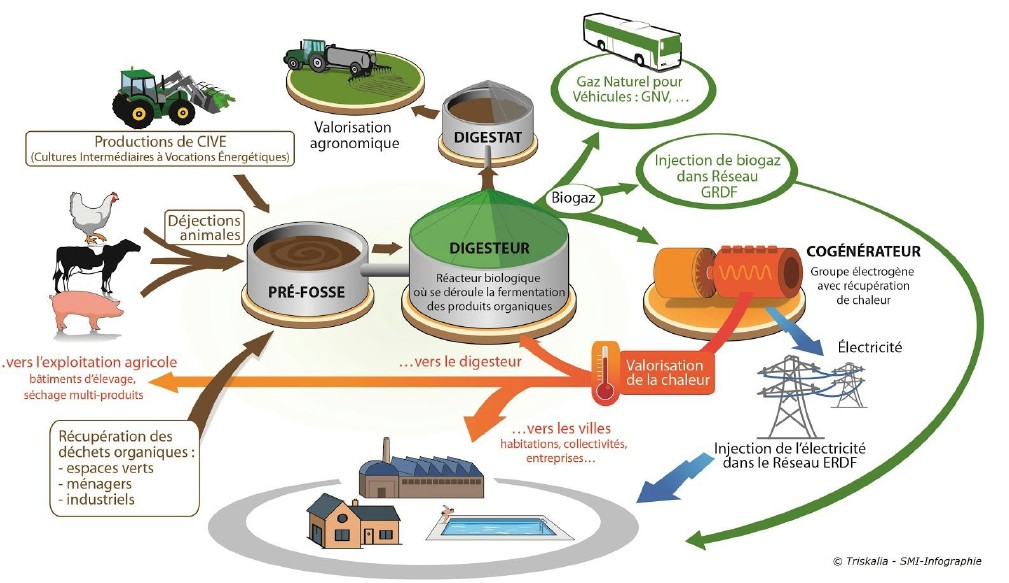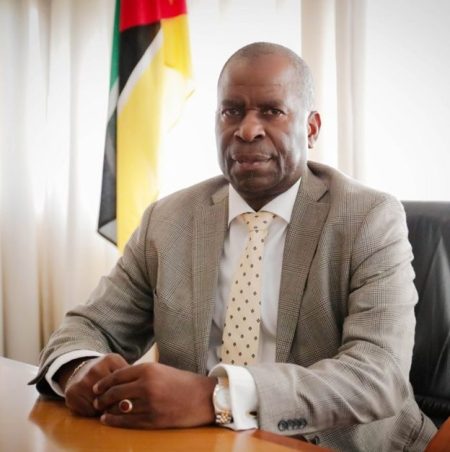27 January 2019, Paris — France is ready to provide 7 to 9 billion euros ($8-10 billion) of subsidies for renewable gas but only if the industry can substantially lower its costs, the government said on Friday.
Produced from methanisation of agricultural and other biological waste, biogas still costs about four times more than natural gas imported by pipeline or LNG tankers from countries like Russia, Norway, Algeria or Qatar.

Under its draft “PPE” 10-year energy plan, the government set a target for biogas to account for seven to 10 percent of gas consumption by 2030 from well below one percent today if costs can fall rapidly.
Gas grid operator GRTgaz said in a statement the draft PPE was worrying for the outlook of the nascent biomethane industry.
It said a goal to reduce costs to 67 euros per MWh by 2023 was way too ambitious. Current tariffs are around 90-95 euros per MWh.
“No other renewable energy sector that is mature today has seen its development conditional on such terms,” GRTgaz said.
It said the PPE did not account for the fact that biogas is non-intermittent, can easily be stored, helps deal with waste and provides income for farmers.
“As it is, the PPE trajectory threatens the development of this young industry,” GRTgaz said.
Through a system of tenders, the government wants to boost the amount of biogas produced in France from 5.4 terawatt hour in 2016, to 14 TWh in 2023 and 24 to 32 TWh in 2028. It also wants to boost the amount of biogas injected in the gas grid from virtually nothing today to more than half of production.
Although France is way behind biogas pioneers like Denmark and Germany, the sector is growing quickly. The amount of biogas injected in GRTgaz’ pipelines rose 75 percent to 714 GWh last year. Installed capacity is 1.2 TWh at 76 sites, and there is a pipeline of 661 new projects for a total capacity of 14 TWh.
A year ago, French utility Engie’s CEO Isabelle Kocher said biogas has the potential to grow from about one percent of gas consumption in France to 10 percent by 2025, 30 percent by 2030 and 100 percent by 2050.
Over the next decade, the government wants to reduce the total French gas consumption from 493 TWh in 2017 to about 420 THh in 2028 through energy savings and better insulation.
*Geert De Clercq; Editing: Elaine Hardcastle – Reuters



